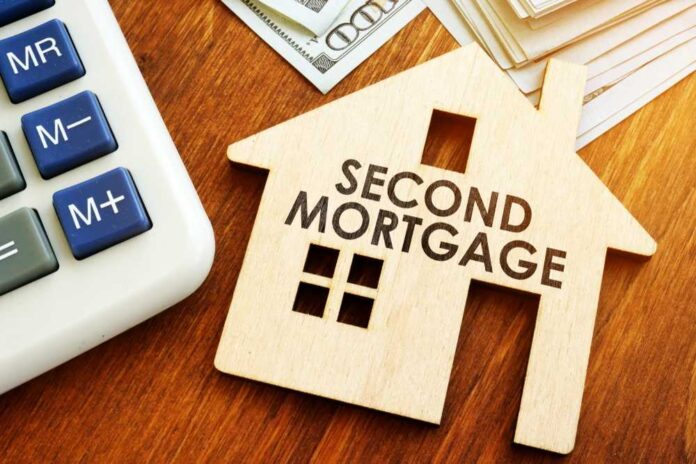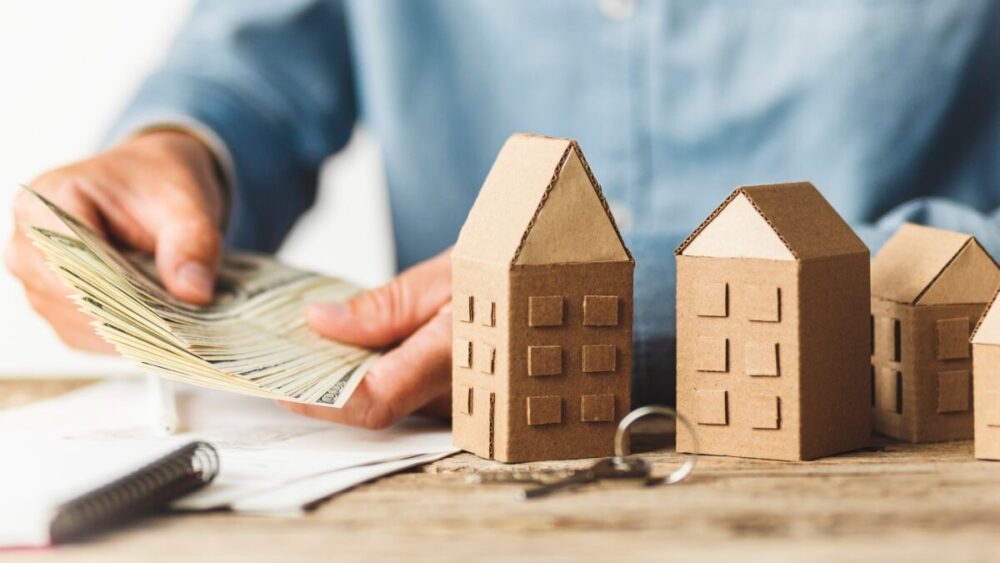
When you’re considering taking out a second mortgage, one of the first questions you may have is whether or not it will affect your credit score. After all, your credit score is important for things like getting a loan or renting an apartment. While it may have some impact on your credit score, it doesn’t have to be negative. In fact, there are some ways to make sure that taking out a second loan can actually help improve your credit score in the long run. Read on to learn more about how a second mortgage can impact your credit score and what you can do to make sure it doesn’t hurt your chances of getting approved for future loans.
What is a second mortgage?
When you take out a second mortgage, the lender will likely run a hard credit inquiry, which can temporarily lower your credit score by a few points. However, if you make all of your payments on time, your credit score should rebound within a few months.
A second mortgage is a loan that is secured by your home. This means that if you default on the loan, the lender can foreclose on your home. Because of this, lenders typically only approve second mortgages for borrowers who have a high credit score and plenty of equity in their homes.
If you’re thinking of taking out a second loan, be sure to shop around for the best rates and terms. You’ll also want to make sure that you can afford the monthly payments, as missing even one payment can put your home at risk of foreclosure.
How does it affect your credit?

A second mortgage can affect your credit in a few different ways, both positive and negative. On the positive side, if you use the second mortgage to consolidate debt or make improvements to your home, your credit score may improve. On the negative side, if you fall behind on payments or default on the loan, your credit score will drop. In general, having a second mortgage is not bad for your credit as long as you make timely payments and don’t let the loan go into default.
The pros and cons
When it comes to taking out another loan, there are both pros and cons that need to be considered. On one hand, it can provide much-needed financial relief in times of hardship or unexpected expenses. However, it also comes with its own set of risks that must be carefully considered before signing on the dotted line.
The biggest pro of taking out a second mortgage is that it can provide a much-needed financial cushion in times of hardship. For example, if you experience a major unforeseen expense, such as a medical emergency or home repairs, it can help cover the costs. Additionally, if you have equity in your home, taking out a second loan can give you access to much-needed cash without having to sell your home or take out a personal loan with high-interest rates.
However, there are also several potential drawbacks that must be considered before making this decision. First and foremost, when you take out a second mortgage, you are essentially putting your home up as collateral. This means that if you are unable to make your payments on the loan, you could lose your home. Additionally, these loans often come with higher interest rates than the first ones, meaning you could end up paying more in the long run. Finally, taking out a second mortgage will likely require going through the approval process all over again, which can be time-consuming and stressful.
When is the best time to take out a second mortgage?

There is no definitive answer to this question, as it depends on a number of factors. However, in general, taking out a second mortgage will have a negative impact on your credit score. This is because opening another line of credit will increase your overall debt burden, which is one of the key factors that determine your credit score.
That being said, if you are confident that you can handle the additional monthly payments, it may be worth considering. Taking out a second mortgage can give you some much-needed financial breathing room, and can be used for a variety of purposes such as home improvements, consolidating debt, or paying for unexpected expenses.
If you do decide to take out it, be sure to shop around for the best rates and terms. And make sure you are comfortable with the monthly payments before signing on the dotted line. You can hire MCAP to help you.
How to get the best terms?
Consider your credit score and history. If your credit is good, you’ll likely be able to get a lower interest rate on your second mortgage. You can check your credit score for free with sites like Credit Karma or Annual Credit Report.
Second, shop around for the best rates and terms. Don’t just go with the first lender you find – compare offers from multiple lenders to see who can give you the best deal. And be sure to read the fine print carefully before signing any loan documents.
Third, consider using home equity instead of a traditional second mortgage. Home equity lines of credit (HELOCs) typically have lower interest rates than second mortgages, and they offer more flexibility in how you use the funds.
Fourth, if you do decide to take out one more loan, try to get a fixed-rate loan instead of an adjustable-rate loan. That way, your payments will stay the same even if interest rates rise in the future.
Finally, remember that taking out a second mortgage means putting your home at risk if you can’t make the payments – so only borrow what you can afford to repay.

Conclusion
While a second mortgage may hurt your credit score in the short term, it can be a helpful tool in the long run if used responsibly. If you are considering taking it, be sure to shop around for the best rates and terms. And most importantly, make sure you can afford the monthly payments before signing on the dotted line.








